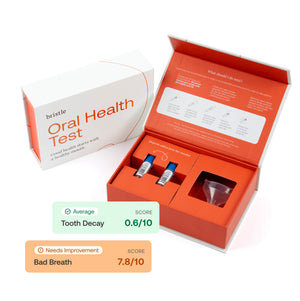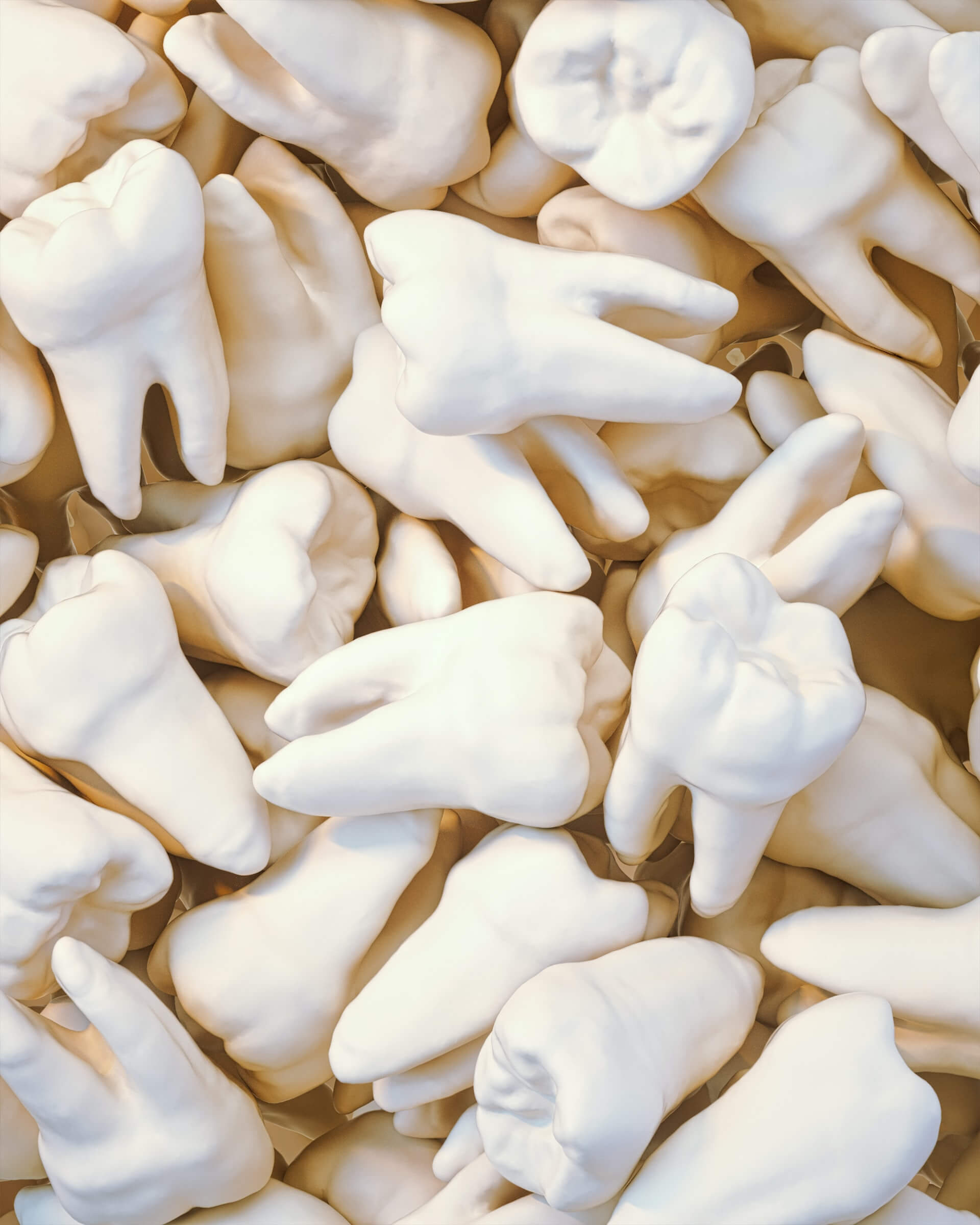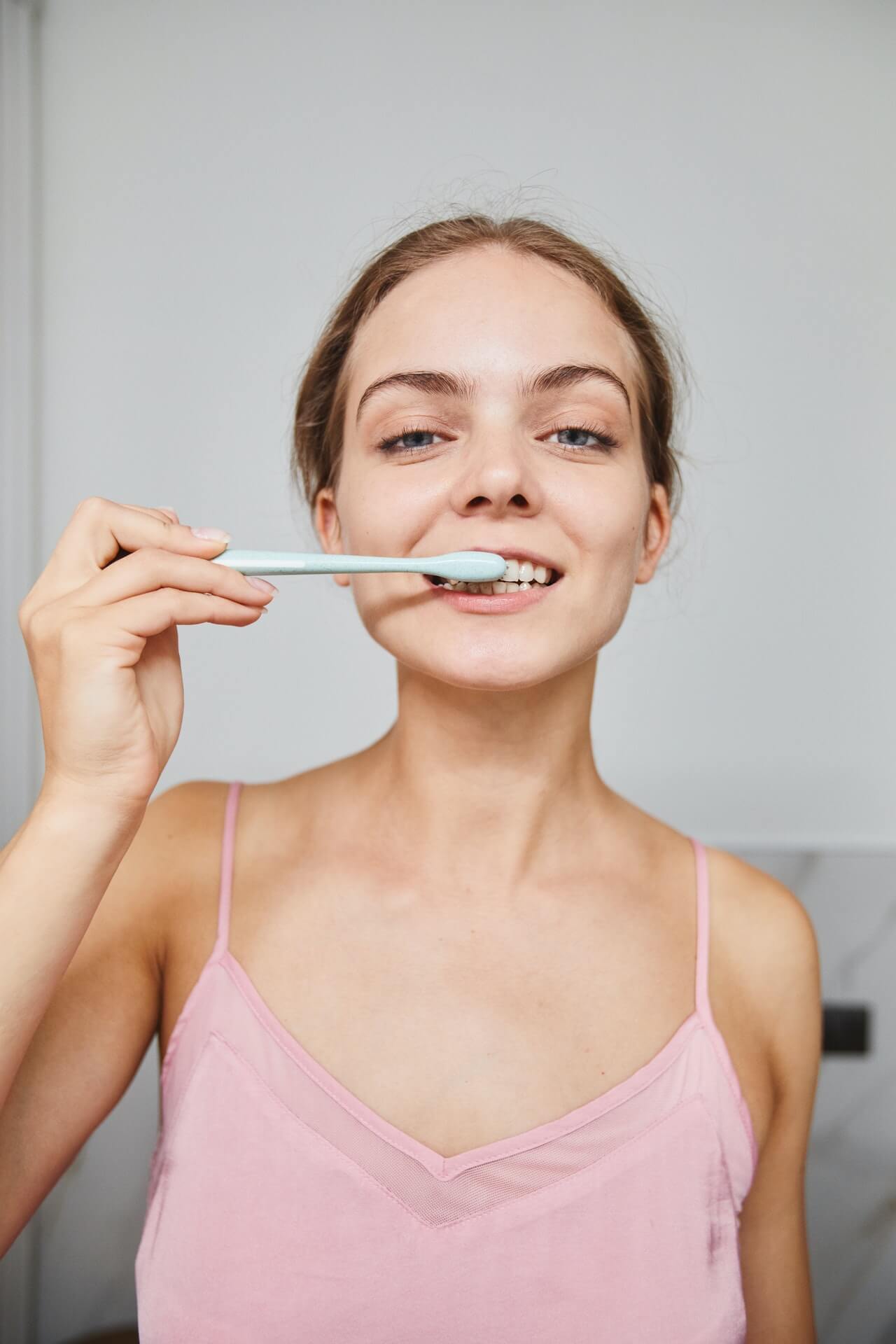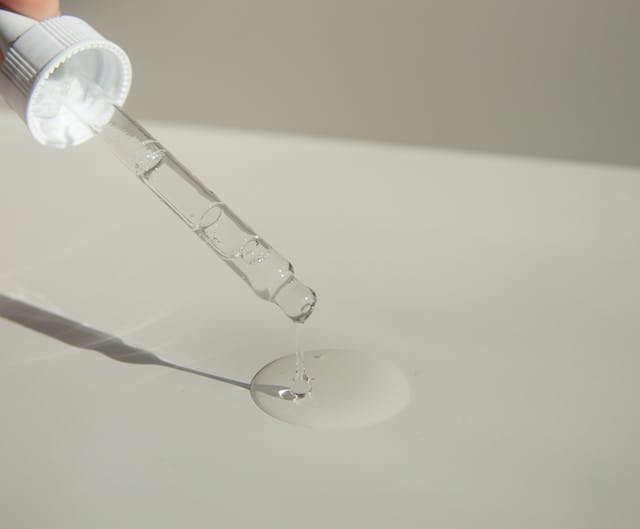Oral health isn’t rocket science - it’s biology

Meet your oral microbiome
The oral microbiome is the collection of all the microbes that live in your mouth. Some help break down food, fight off infection, and keep our teeth and gums healthy, while others cause damage to our mouths and bodies. When your oral microbiome is out of balance, it leads to conditions like bad breath, tooth decay and gum disease.
The oral microbiome also affects overall health. Oral conditions like gum disease are risk factors for conditions like cardiovascular disease and diabetes.
Making small changes to your diet, hygiene and oral products based on your unique biology helps you achieve better oral health through a balanced oral microbiome!
Our mouths are home to trillions of microbes, known as our oral microbiome
These microbes include a variety of bacteria, viruses, and fungi. Decades of research have shown that while most are beneficial and keep us healthy, others are harmful and cause diseases like cavities and gum disease.
We use genomics to measure the good and harmful bacteria in your saliva
We identify and quantify all of the bacteria in your mouth (usually over 100 kinds!) to give you insights into your oral health and risk for conditions including cavities, gum disease and bad breath. We also give you good news! You'll see all of the beneficial bacteria in your mouth to get the complete picture.
We match your unique risk profile with personalized recommendations to optimize your health
We've compiled research and consulted with a team of oral health experts to curate the most effective diet, lifestyle, hygiene, and oral care product recommendations for improving your overall health.
The good, the bad,
and the ugly

The good bacteria: heroes for a healthy mouth
Certain beneficial bacteria help us digest food by breaking down proteins and sugars in the foods we eat. The good ones also stimulate saliva, which is our body’s natural healer and cleanser — it contains minerals that help repair the surface of our teeth through remineralization. It’s important to nurture these good bacteria to keep us healthy and functioning at our best. Examples of these species include Lactobacillus reuteri and Neisseria mucosa.

The bad bacteria: drivers of oral disease
Harmful bacteria can wreak havoc in our mouth and cause numerous oral health issues like bad breath and gum disease. These bacteria feed on sugar from our diet and produce acid that erodes our teeth, leading to decay and cavities. They can also build up around the gum line and cause bleeding, inflammation, and recession of the gums. Examples of these species include Streptococcus mutans and Tannerella forsythia.

The ugly bacteria: villains to whole-body health
he connection between our mouths and the rest of our bodies go far beyond chewing, swallowing, and digesting food. Certain bacteria in our oral cavity can travel throughout our body and have been associated to conditions including Alzheimer’s disease, adverse pregnancy outcomes, diabetes, cardiovascular disease, and gut disorders. Examples of these species include Fusobacterium nucleatum and Porphyromonas gingivalis.
Spit happens.
What can we do about it?


Measure
By measuring the number of good and bad bacteria we have in our oral microbiome, we can gain insights into our unique microbiome and understand our oral health status.

Track
Poor oral health can be the result of diet, poor hygiene, medications, and other lifestyle decisions. Once we understand our oral health we can create a plan to optimize it.

Improve
Not all oral health tips and products are effective at fighting off bad bacteria. With Bristle, you can measure your risk for disease over time and see what actually works.
How it works
Get started with our at-home oral health test
Dental checkups only look for existing problems like cavities or gum disease. Instead of looking for symptoms to treat, Bristle analyzes your saliva to identify the bacteria in your mouth that cause those symptoms. By detecting these bacteria at the earliest stages we can help you prevent the onset of disease.
Our test was developed from the ground-up using clinical research and your results are compared against thousands of other samples.














